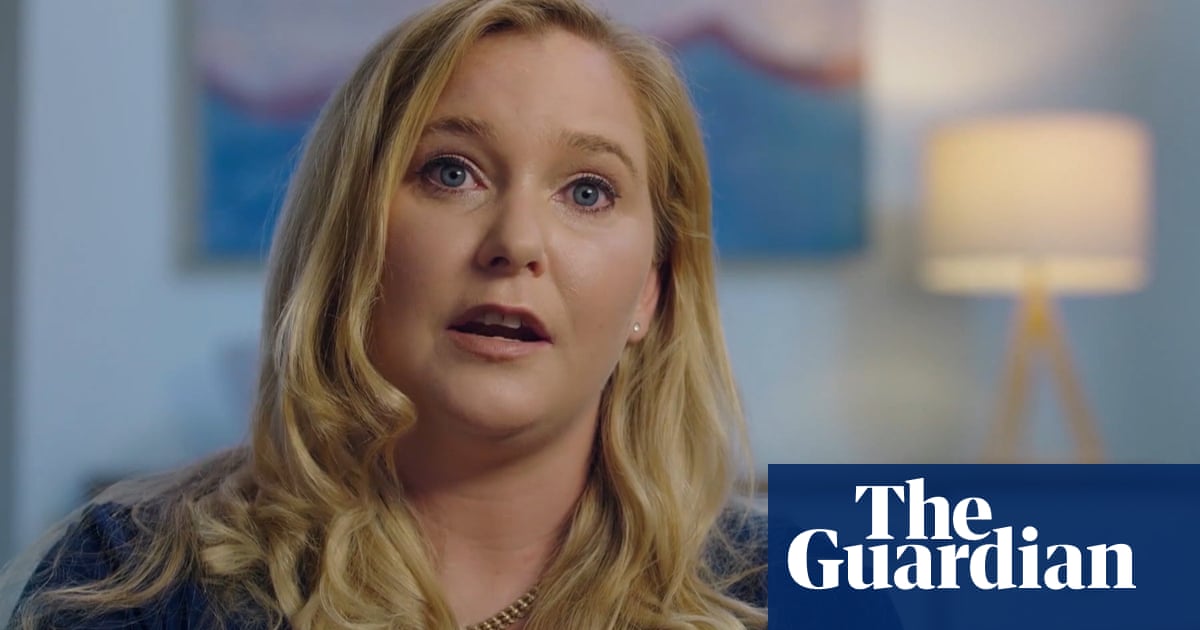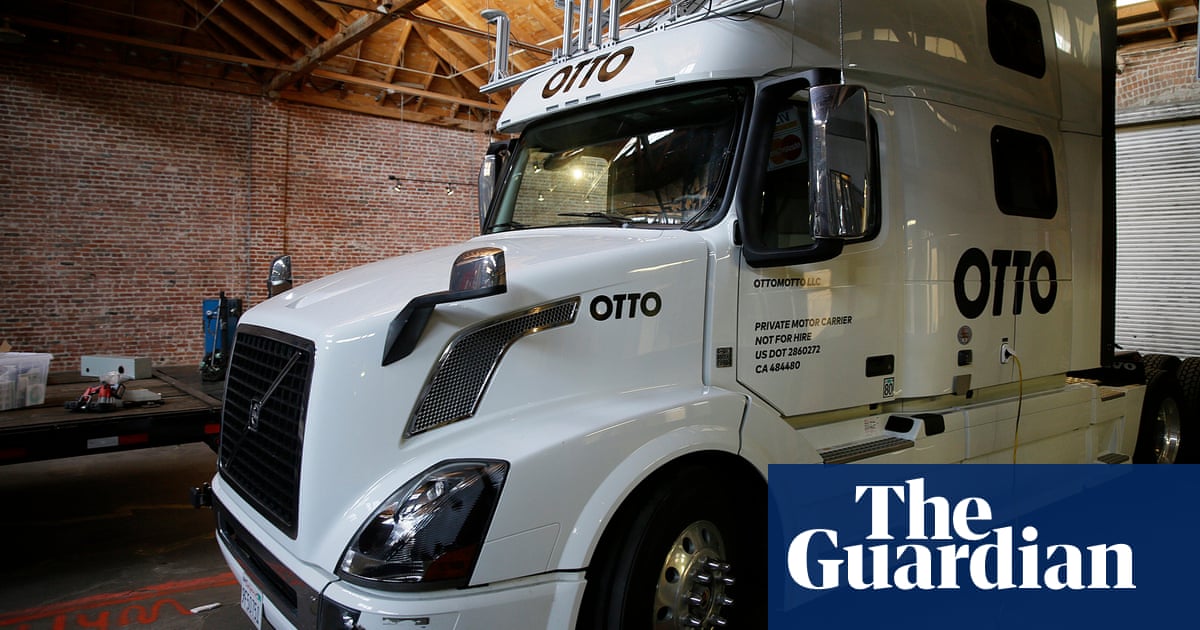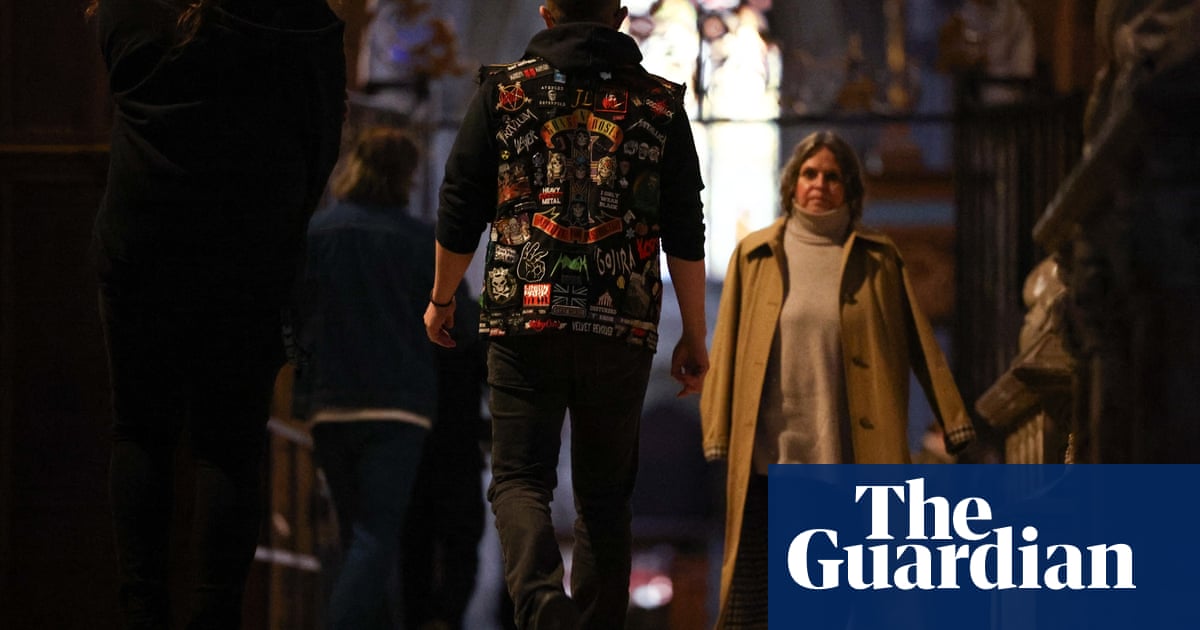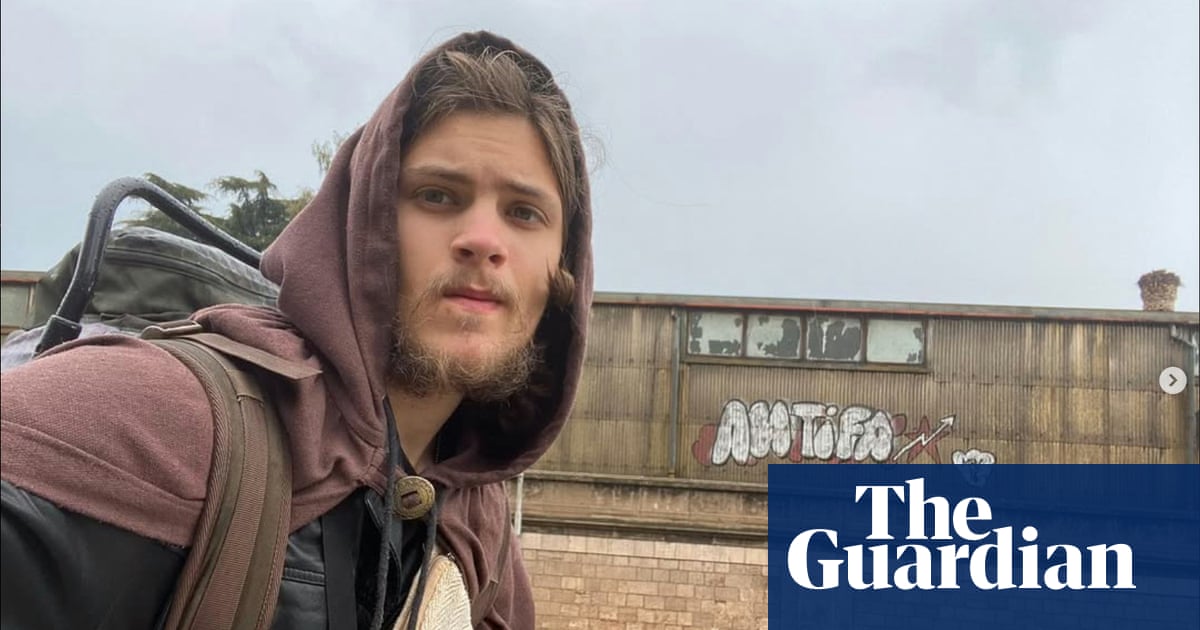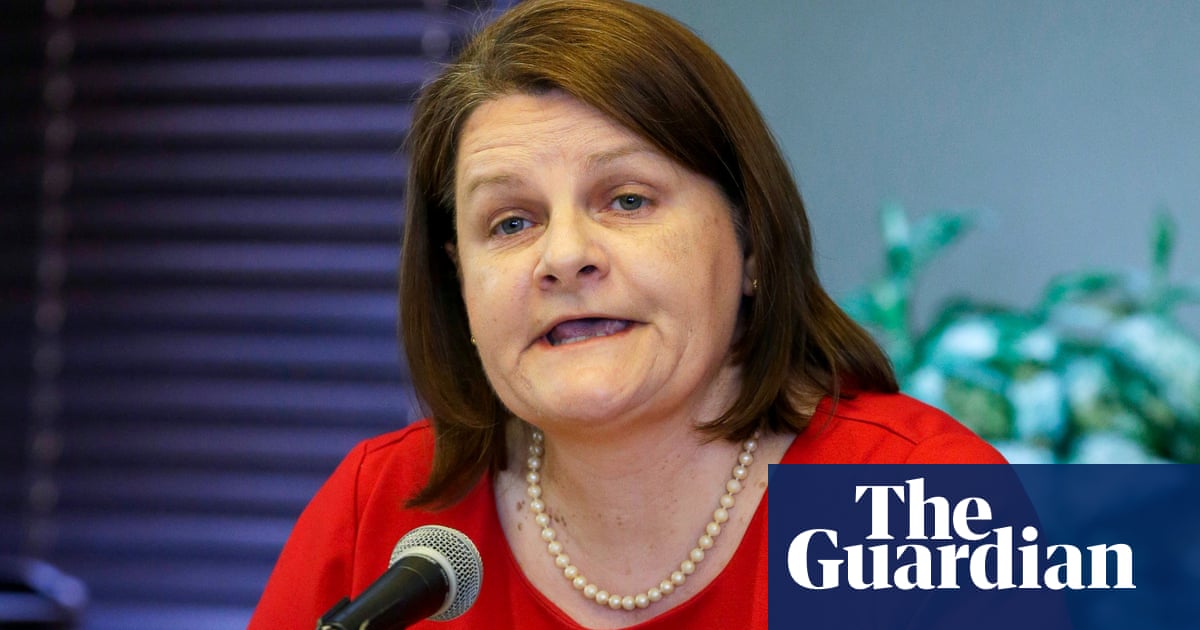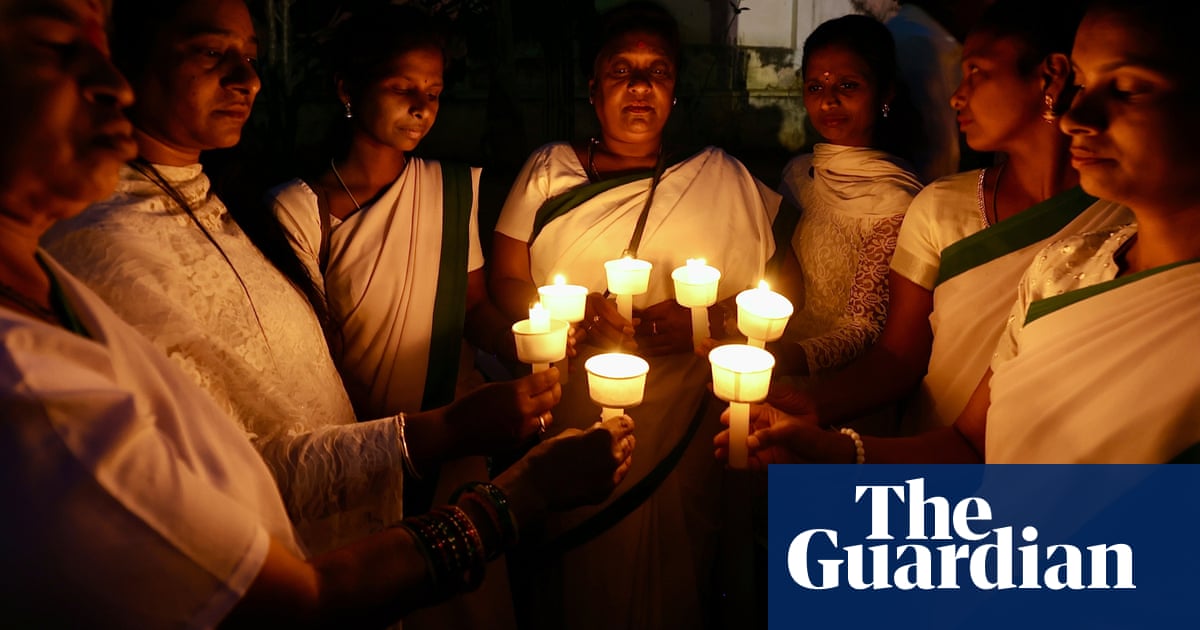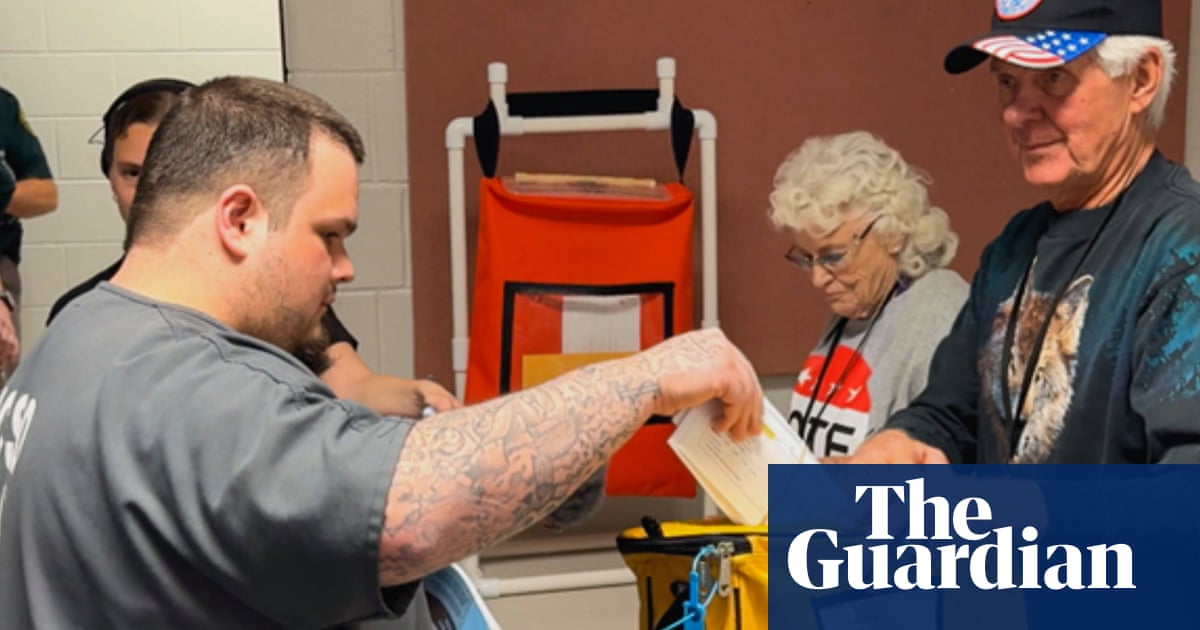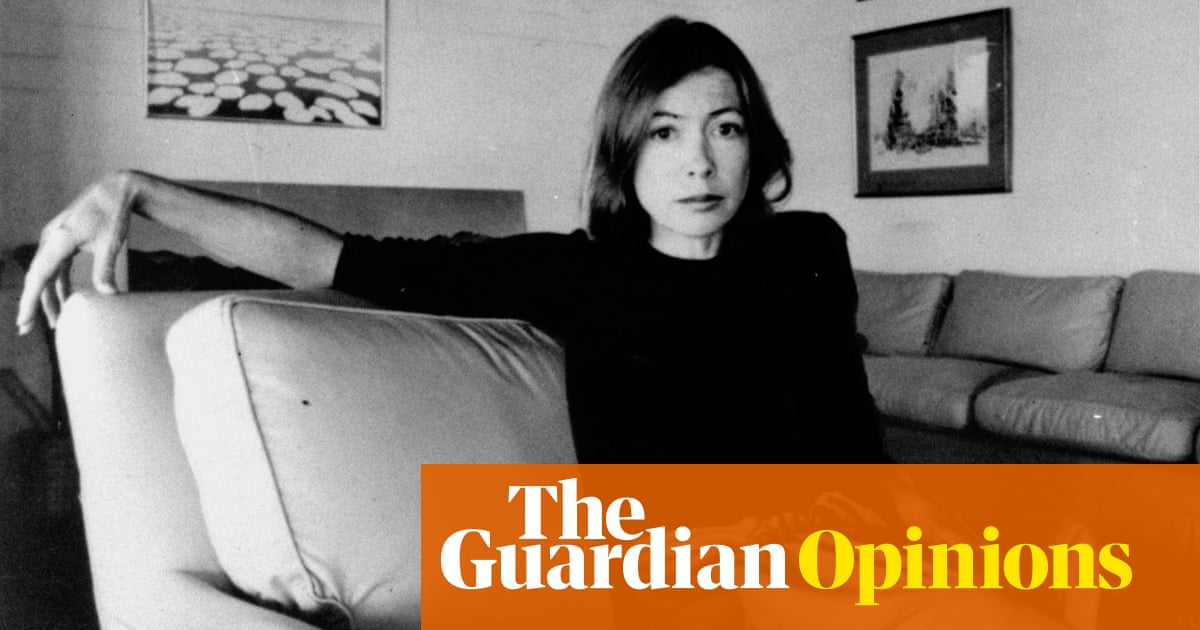Nikki High, founder of Pasadena’s Octavia’s Bookshelf, couldn’t shake the words of her bookstore’s namesake, science-fiction legend Octavia Butler: “All that you touch, you change. All that you change changes you. The only lasting truth is change.”
The past week had made that truth painfully clear to her and her community. A devastating wildfire, known as the Eaton fire, tore through Pasadena and Altadena, leaving destruction in its wake. Twenty-seven lives were lost and dozens still remained unaccounted for. Homes were reduced to ash and families were left searching for basic necessities.
In the midst of this chaos, Octavia’s Bookshelf became an unexpected hub of relief.
For High, the disaster began with a routine preparation. Having lived in Altadena for 47 years, she knew the Santa Ana winds could knock out her electricity.
“I figured, worst-case scenario, we’d lose power,” she said. But by evening, the situation had escalated. Police were driving through her neighborhood, telling residents to evacuate. With no time to think, High grabbed her dogs, essential medications and her laptop before heading to her brother’s home further south in Pasadena.

That night, the flames ravaged her neighborhood. “There’s about maybe seven or eight homes left on our street, including ours,” she says. The following day, she drove to Octavia’s Bookshelf to see if it was damaged. Although winds blew dirt into the store, her business was otherwise in the clear. In fact, her store still had power and wifi. An idea struck her: perhaps others in the community needed to get online.
“I wrote up something real quick on Instagram,” High says. “I just said, ‘Hey, I have wifi and power. If you need to come here to get online, I’ll be here all day.’” That small act of outreach became the catalyst for something much larger.
As people trickled into the store, they began asking for basic necessities. “Do you have any water?” one person asked. High turned back to Instagram, posting a call for water donations, which she received, plus more. By the end of the day, the bookstore had transformed into a full-fledged relief center.
“We packed up all of our books off the shelves and put them in the attic,” High explains. The books were replaced by the items people gave to victims of the fire. The donations poured in from as far away as Portland, filling the store with supplies like toothpaste, diapers, cat food and water. Volunteers from the community, including loyal customers, stepped in to help organize and distribute the items.
For those who came seeking aid, the store became a place of connection and solace. High remembers one customer who came in for diapers and wipes. “She told me she had donated to our original GoFundMe when we opened. She said, ‘I never thought in a million years I’d be coming here to get supplies after losing my home.’”
The store’s manager, Kiki Williams, has also helped out in the effort at the store, as well as in the community. Williams, a third-generation Altadenian, was on her way to the bookstore when she decided to stop at the Pasadena Convention Center evacuation shelter to see what needs people had there. Outside, she encountered a family of three. Seeing the mother coughing aggressively, Williams offered them masks. They all walked to the center together, at which point the family revealed that they had just lost their home. The matriarch in particular was understandably in a bad place.
“You could see so much in her face and her body language. She was holding so much,” Williams recalls. Before parting ways, Williams asked her if they could hug. “Immediately, she just broke down in tears. We stood there and held each other for a good minute or two. That was a big moment.”
Back at the store, Williams channeled that same compassion into her work. “A lot of folks were still in shock, so we would go through and help them pick stuff,” she says. “There’s been a lot of tears – it’s been on both sides,” Williams notes, referring to both those seeking help and those offering it.
Despite the outpouring of support, challenges have been immense. Although High’s home is still standing it suffered wind damage to its roof, leaving it open to the elements. Since the fires, she’s been staying at hotels, Airbnbs and with loved ones. The store has also obviously not been selling books, so it has been relying on contributions to its Venmo account to make up the difference.
There’s also the issue of people trying to take advantage of a tragedy. Black residents in the area have begun receiving calls from property developers looking to capitalize on the disaster. “It’s infuriating,” High says. “People haven’t even had time to process their losses, and they’re already being pressured to sell their homes.”
As the immediate crisis begins to subside, High is already thinking about the future. She hopes Octavia’s Bookshelf can continue to serve as a beacon of hope by providing mental health professionals to help locals navigate healing.
“Black folks have been in Altadena for a very long time, and they have been connected to the mountains, the land and the trees,” Williams said. “They’ve built homes here and had generations live here, share stories, birthdays and barbecues. Being a Black person at this time for me is all about fighting for that to remain in any way I possibly can.”
As for High, she appreciates receiving the opportunity to give back. “Doing something intentional and meaningful for the community that has raised me and who has always believed in me to be able to give back in a moment like this just feels right.”

 3 months ago
62
3 months ago
62


